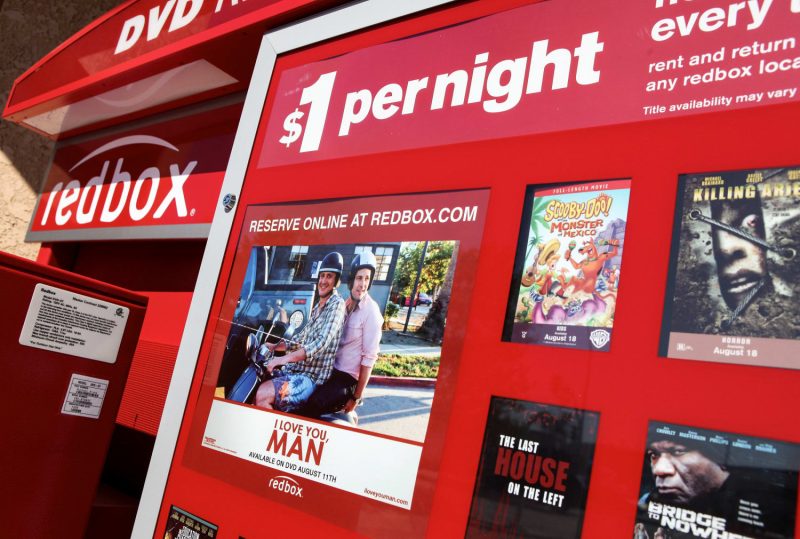The entertainment landscape has been witnessing dramatic changes over the last decade, largely due to the rapid evolution of technology. One prominent change is the way we watch movies and shows. The DVD market, once a dominant player, is now shrinking under the massive growth of streaming services. In line with this trend, Redbox, which established itself as a significant name in the DVD rental industry, is set to close.
Redbox broke onto the scene in 2002, as a convenient alternative to traditional video rental stores. Their distinctive kiosks peppered throughout shopping centers and grocery stores made DVD rentals and returns an easy and cost-effective way to enjoy movies. However, as the industry has shifted tremendously, Redbox’s business model has found it increasingly hard to compete.
It’s no secret that the rise of streaming platforms has played a pivotal role in this decline. Giants like Netflix, Amazon Prime Video, Hulu, and more recently Disney+ and HBO Max have become the new norm for consuming media content. This paradigm shift towards streaming services stems from several enticing benefits, such as 24/7 access to a massive library of movies and shows, no late fees, the ability to pause, rewind, or re-watch, and the growing trend of exclusive original content.
The convenience and accessibility of streaming offer a stark contrast to the process of physically renting a DVD. Often, it’s just simpler to click a button and instantly start watching a film, rather than venturing out to a kiosk. Adding to this is the growth of smart devices, further simplifying access to streaming platforms. The market reflects this preference, with data showing a consistent upward trend for streaming and a corresponding decline for DVD sales and rentals.
While Redbox has attempted to pivot by launching its streaming service, these efforts have yet to gain significant traction. Streaming is an already congested market, with consumers often subscribing to multiple platforms. Differentiating their product and attracting a substantial customer base in this sea of dominant players can be challenging.
Another critical factor pushing Redbox towards closure is the fading production of DVD players. Major tech companies such as Samsung have stopped manufacturing DVD players, indicating a lack of demand and mirroring the overall decline in the DVD market. Moreover, many smart TVs no longer include DVD players as a feature – a clear sign of the direction the market is heading.
The final nail in the coffin may be Hollywood’s transition towards streaming as a primary method of distribution. The COVID-19 pandemic accelerated this shift, with major studios releasing new films directly on their streaming platforms. This bypassing of traditional rental and cinema outlets, coupled with streaming platforms investing heavily in original content, makes it difficult for a DVD-based business like Redbox to maintain its appeal.
All these factors combined make Redbox’s closure a reflection of the broader industry trend. The decline of physical DVD rentals and sales and the meteoric rise of streaming services marks an epoch in the entertainment world, a testament to the relentless tide of technological advancement. While Redbox managed to carve a niche for nearly two decades, its impending closure can be seen less as a failure of the company and more as an inevitable outcome in a transforming industry.
